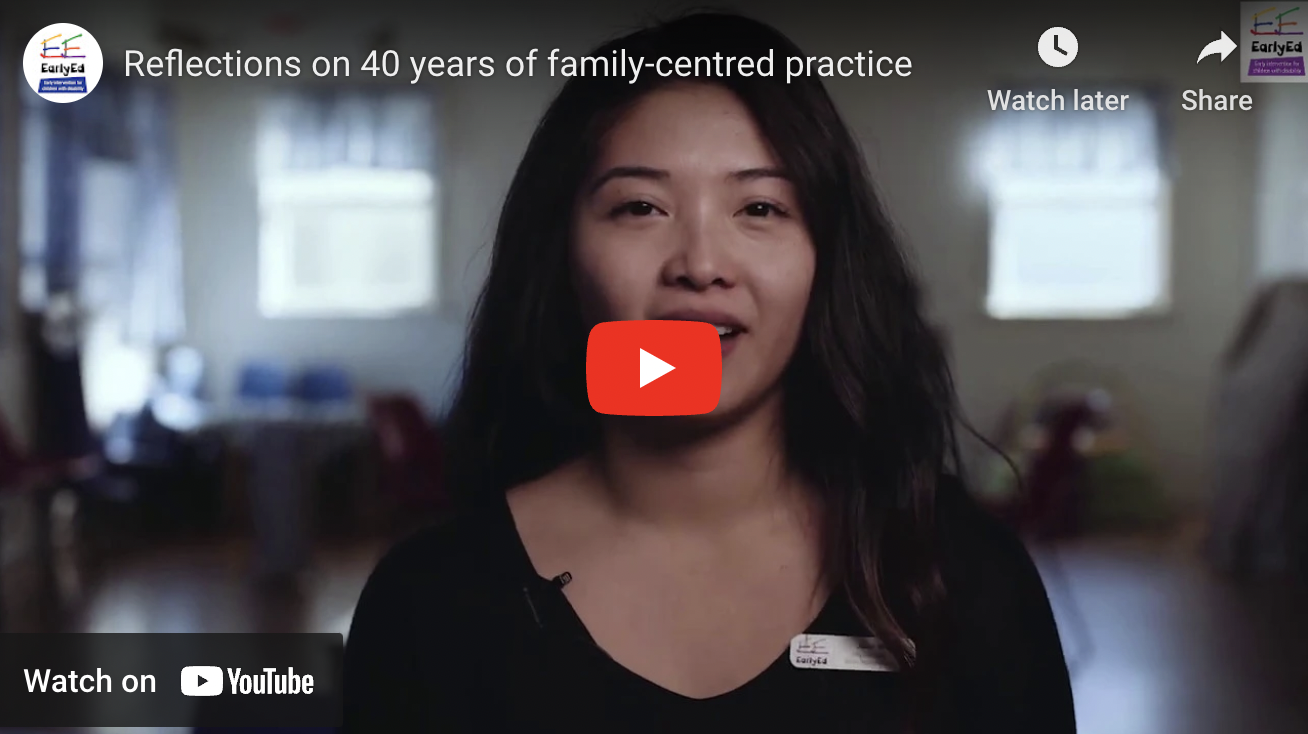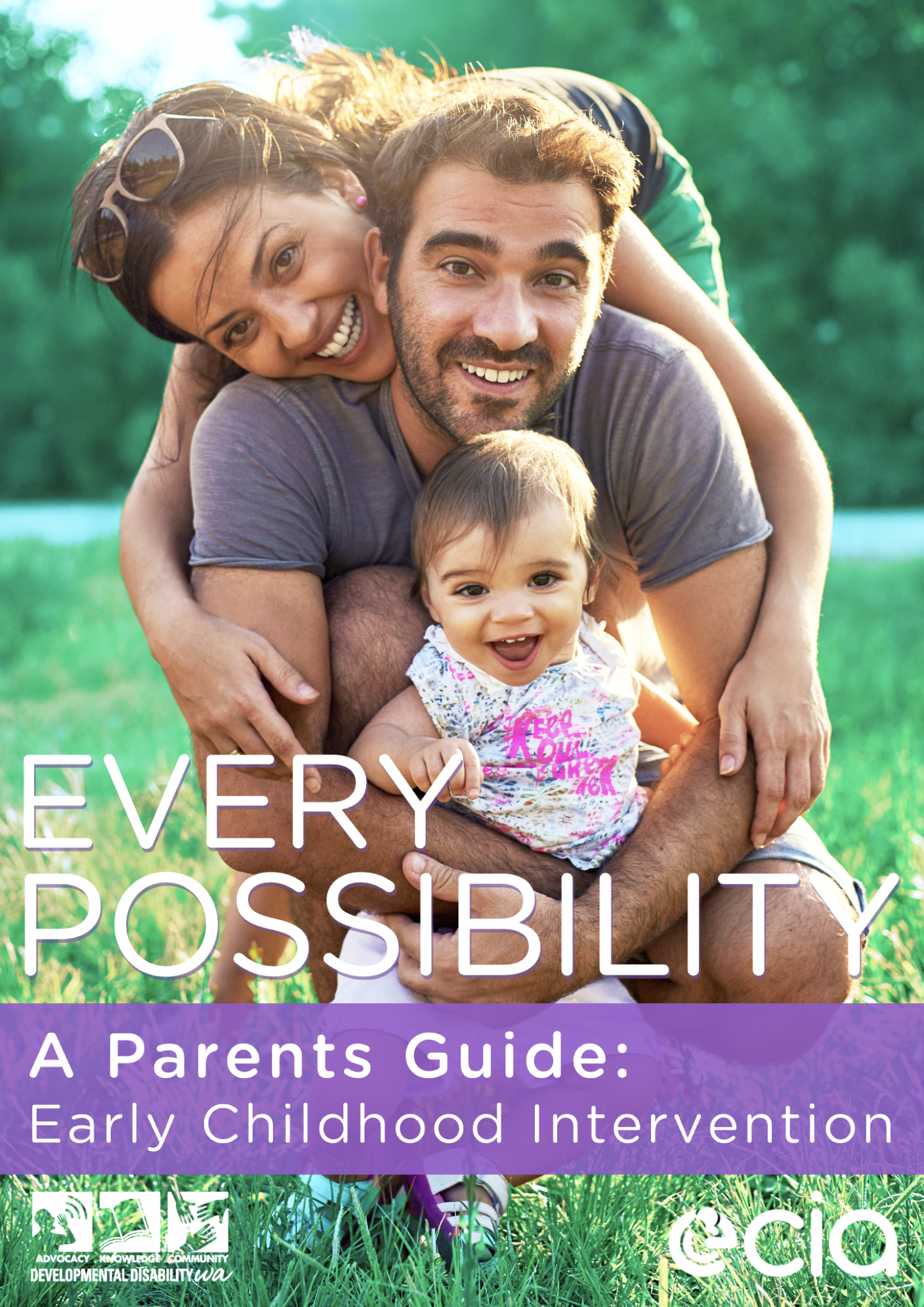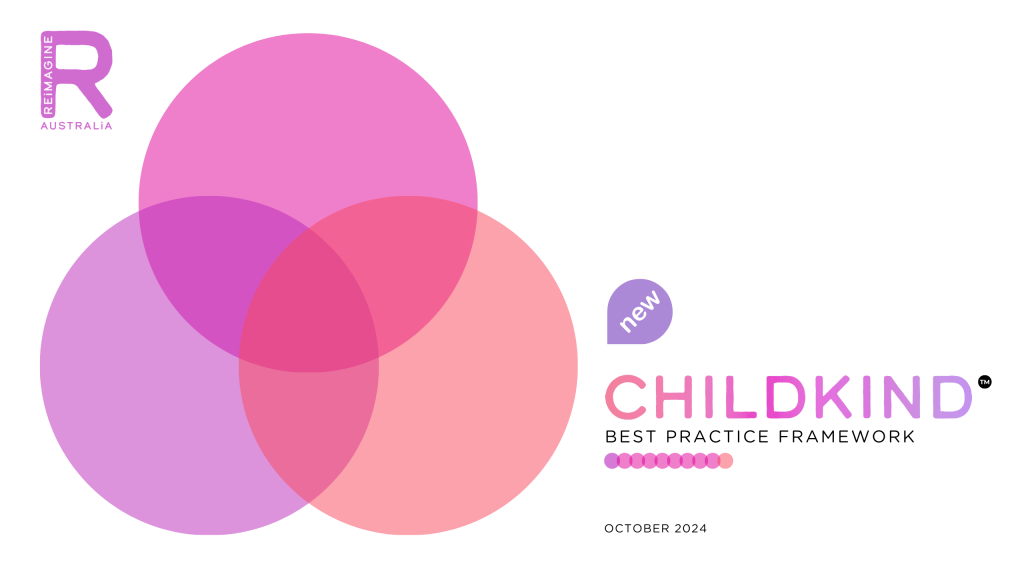CHILDKIND WAY OF WORKING #2

“Ensuring needs, values, and perspectives are prioritised, fostering a supportive and collaborative environment.“
Centre Me & My Family embraces the importance of prioritising the needs, values, and perspectives of families in all decision-making processes related to their child, through:
Families need to be at the centre of all decisions regarding their children. As families understand their children most, they are best placed to work with their child to prioritise needs, values and perspectives. Unfortunately, in some cases, the lack of relationship built between service providers and families serves as a barrier to ensuring that children and their families are at the core. However, we do know that “Many ECEC services already build strong partnerships with families that honour their unique expertise in relation to their child” (AERO, 2022, p. 1).
Family-centred practice is a term that has been used for a number of years, and despite some changes to this terminology, essentially positions families at the core of all decisions, priorities and actions. Dalvand and colleagues (2014) conducted a literature review and revealed the foundation of family centred approach as ensuring families are involved in decision making, collaboration and partnership, a sense of mutual respect, accepting the family’s choices, while providing support and focusing on strengths. In addition, service delivery should be flexible and individualised to meet the needs of families, and work alongside families to share information and build empowerment”. Their literature search also revealed that research has demonstrated that services which are focused on the role of families are always the most effective.
Centre Me and My Family, as a way of working, relates to the ‘design and delivery of services and supports’ phase of the child’s early developmental support journey. This way of working is broken down into 3 Key Competencies. In practice, these competencies might be demonstrated as follows:
Effective Communication: A clear understanding of child development so that you recognise early signs of disability, developmental delay and neurodivergence. Once you have recognised early signs, you can then effectively communicate with families with the view to supporting them through any required assessments.
Trauma Informed Response: By recognising that many families are managing a number of complexities, and that trauma may have, or continuing to have an impact on families, a clear understanding of trauma-informed approaches ensures that the impacts that trauma may have on people’s lives informs your support response. Approaching support for families from a strengths-perspective, while still acknowledging the impact of trauma and seeking to support increased well-being.
Compassionate & Present: Demonstrate compassion when working with families who may be experiencing complexity. However, it is important not to suggest that you understand what that person is thinking or feeling. Instead, listening to their perspective, acknowledging the complexity and its impacts can validate others and help to provide a foundational relationship from which support can be provided.

A resources that looks at how better outcomes will be achieved if the whole family is supported and involved in their child’s support.

A parent guide by Developmental Disability WA & Early Childhood Intervention Australia (2019) to help get the best out of early childhood therapy support for children with disability, developmental delay, or neurodivergence.

A practical resource from Growrie NSW ‘Thought Leadership’ tols and resources, supporting the importance of observation in the early years.

National Scientific Council on the Developing Child (2007). The Timing and Quality of Early Experiences Combine to Shape Brain Architecture: Working Paper #5.
Children with disabilities are at a higher risk for trauma exposure, and a trauma-informed approach is essential to address their unique needs, helping to create a safe and supportive environment that fosters healing and resilience.
National Child Traumatic Stress Network (NCTSN), "Trauma-Informed Care for Children with Disabilities," 2019.
Access more information on the ChildKind Best Practice Framework with its 10 Ways of Working, 30 Key Competencies and 8 supporting Values and Behaviours here:
